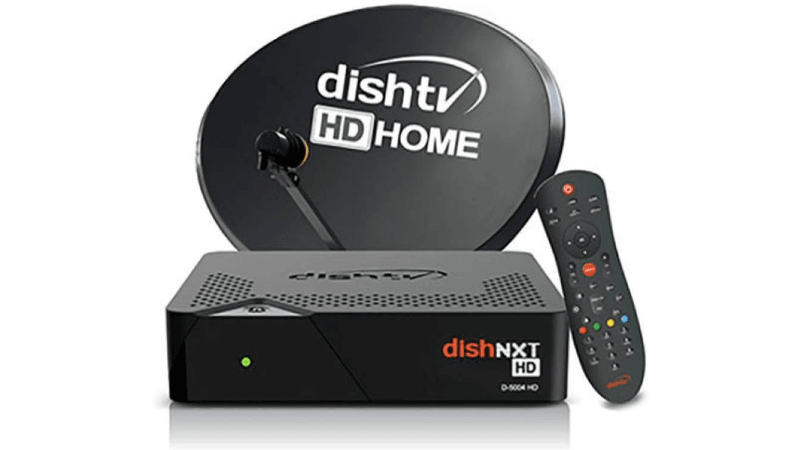DTH Connection Working and Advantages Now you must be pretty aware that there are quite a few types of subscription options available in the country in case you want to watch TV. Before the digitisation rule came into place, there also used to be the analogue cable method, but now that has been converted to DAS cable subscription which depends on digital relay of signals instead of an analogue relay. To understand, why DTH differs from the other services and why it is the most popular form of connection for DTH subscribers it is imperative to know how the service operates. The DTH connection uses a small outdoor dish antenna that is pointed towards the satellite. The customer, in turn, is required to buy Customer Premises Equipment (CPE) from the DTH provider of their choice. The CPE usually consists of the dish antenna, remote and the set-top box. This is where the advantage of DTH factors in, since there is no wired connection from a provider source, a DTH connection can easily be availed even in the remotest areas. This is in contrast to the other TV service options like HITS, standard cable TV subscription or even the technologically powered IPTV (Internet Protocol TV) which avails a TV connection over a broadband line. Regulations Related to Purchase and Closure of DTH Subscription There are also some regulations laid down by Trai for the purchase of a DTH subscription which the subscribers must be aware of. As per the rules laid down by the regulator, the subscriber is entitled to a minimum one year of warranty on the CPE (Customer Premises Equipment) if the subscriber directly outright purchases the CPE beforehand. On the other hand, the DTH operator shall not charge any repair or maintenance fee from the subscriber if he or she opts for the hire purchase model or the rental scheme. Trai has also noted that when the subscriber returns the CPE to the DTH provider, then he or she is liable to get the depreciated value of the CPE. Further, the security deposit should also be returned to the subscriber in case the CPE was obtained on a rental basis. There is also a mandate from Trai which says that if a representative from the DTH company comes to collect the CPE at the subscriber’s house, then he or she should not be charged more than Rs 300. On the other hand, if the subscriber drops the CPE by himself at the provider’s collection centre, then he need not pay any collection charges.
